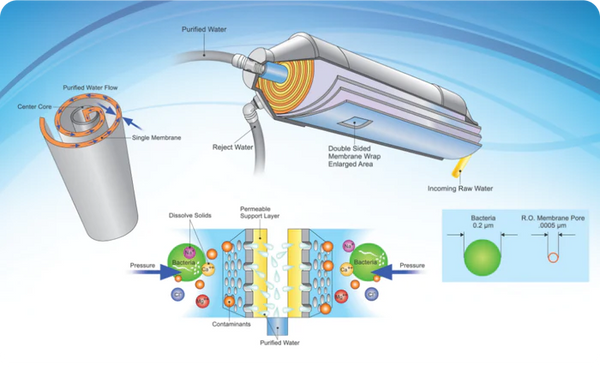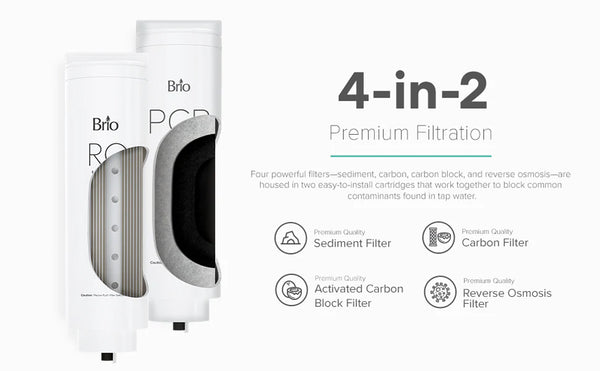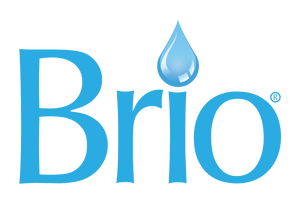Water Week 2024 is a yearly plea to Congress to commit to ongoing and heightened support for our nation’s water infrastructure. A group of partner organizations is supporting Water Week to advance policy priorities for access to clean and safe water for all communities across the United States.
Washington DC is hosting the hub of activity, with a webcast National Water Policy Fly-In on April 9th 2024. The Fly-In will be presented by The National Association of Clean Water Agencies (NACWA), the Water Environment Federation (WEF), the Water Research Foundation (WRF), and the WateReuse Association.
There are also a variety of virtual and in-person events to take part in, including a forum that will discuss hot topics and present recent information about the most pertinent water-related issues and priority legislative and regulatory actions.
What are the main priorities for Water Week 2024?
Despite recent efforts to advance the U.S. water infrastructure, a number of significant challenges remain for communities across the country:
- Risk of cybersecurity attacks on water and sewage systems in light of last year’s attack on a booster station in Aliquippa.
- Water contamination and regulation compliance, particularly with regard to new PFAS standards.
- Lack of funding for aging water infrastructure, increase in operational costs and change to supply chain and labor costs.
Protecting the public from PFAS
One of the discussions we're most invested in at Brio Water is point number 2 - the removal of Per- and Polyfluoroalkyl Substances (or PFAS, also known as ‘Forever Chemicals’) from drinking water sources. It is both technically challenging and very expensive.
The risk to public health is also very real. Research has revealed concerning connections to cancer, birth defects and other health conditions related to the liver, kidneys, immune system and cholesterol levels.
Reverse osmosis filtration systems
Reverse osmosis is one of the only ways to remove 99% of PFAS from drinking water sources. And it’s a proven technology that we are passionate about at Brio Water - developing water filtration systems that safeguard public health and ensure access to clean, safe drinking water.
We've invested hours of research, innovation, design and engineering into our reverse osmosis filtration systems, providing a solution to water contamination.

The contaminant reduction capability in reverse osmosis filtration systems is premium. These advanced purification systems are designed to block dirt, rust, sand, iron, chlorine, cysts, salts, volatile organic compounds, total dissolved solids, and heavy metals like lead and arsenic.
And in return? On-demand access to clean, clear water free from turbidity, odors, and pollutants.
How does reverse osmosis remove PFAS?
Reverse osmosis filtration forces unpurified water through a semipermeable membrane perforated with 0.0001-micron pores. Microscopically small, virtually the only things that can pass through are water molecules.
Neither ultrafiltration (0.1 to 0.01 micron pores) nor nanofiltration (0.001 micron pores) are able to achieve that level of reduction in contaminants.

Commitment to water filtration innovation
At Brio Water, we're committed to innovation within the water filtration industry. We deeply care about creating solutions for the American people to have instant access to safe, clean water.
And we also know that we need unwavering federal commitment to continue the good work to help communities, without prejudice, address their challenges to clean water infrastructure and distribution.
Join us as we pledge our dedication to this cause.




